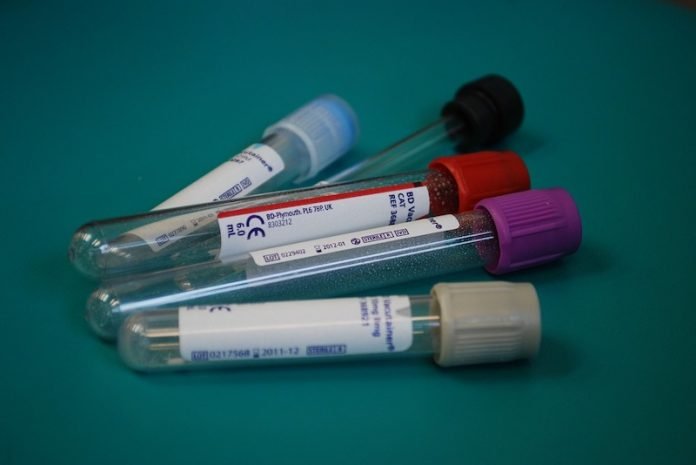
In a new study, researchers found men with higher levels of ‘free’ testosterone and a growth hormone in their blood are more likely to be diagnosed with prostate cancer.
The research was conducted by a team from the University of Oxford and elsewhere.
Prostate cancer is the second most commonly diagnosed cancer in men worldwide after lung cancer and a leading cause of cancer death.
Factors such as older age, ethnicity and a family history of the disease are already known to increase a man’s risk of developing prostate cancer.
However, the new study of more than 200,000 men is one of the first to show strong evidence of two factors that could possibly be modified to reduce prostate cancer risk.
The researchers studied 200,452 men who are part of the UK Biobank project. All were free of cancer when they joined the study and were not taking any hormone therapy.
The men gave blood samples that were tested for their levels of testosterone and a growth hormone called insulin-like growth factor-I (IGF-I).
The researchers calculated levels of free testosterone—testosterone that is circulating in the blood and not bound to any other molecule and can, therefore, have an effect in the body.
A subset of 9,000 men gave a second blood sample at a later date, to help the researchers account for natural fluctuations in hormone levels.
The men were followed for an average of six to seven years to see if they went on to develop prostate cancer. Within the group, there were 5,412 cases and 296 deaths from the disease.
The researchers found that men with higher concentrations of the two hormones in their blood were more likely to be diagnosed with prostate cancer.
For every increase of five nanomoles in the concentration of IGF-I per liter of blood (5 nmol/L), men were 9% more likely to develop prostate cancer.
For every increase of 50 picomoles of ‘free’ testosterone per liter of blood (50 pmol/L), there was a 10% increase in prostate cancer risk.
Looking at the population as a whole, the researchers say their findings correspond to a 25% greater risk in men who have the highest levels of IGF-I, compared to those with the lowest.
Men with the highest ‘free’ testosterone levels face an 18% greater risk of prostate cancer, compared to those with the lowest levels.
The researchers say that because the blood tests were taken some years before the prostate cancer developed, it is likely that the hormone levels are leading to the increased risk of prostate cancer, as opposed to the cancers leading to higher levels of the hormones.
Thanks to the large size of the study, the researchers were also able to take account of other factors that can influence cancer risk, including body size, socioeconomic status, and diabetes.
This research shows that these two hormones could be a mechanism that links things like diet, lifestyle and body size with the risk of prostate cancer.
This takes scientists a step closer to strategies for preventing the disease.
Dr. Travis and Ms. Watts will continue examining the data from this study to confirm their
One author of the study is Dr. Ruth Travis, an Associate Professor.
The study was presented at the 2019 NCRI Cancer Conference.
Copyright © 2019 Knowridge Science Report. All rights reserved.



